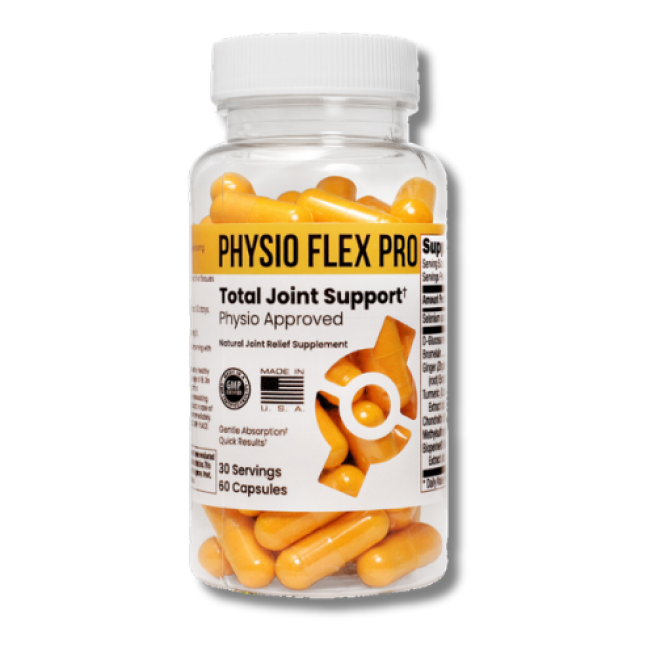
Seniors, or people above the age of sixty years, are living healthier and productive lives more than ever. This is when most people have freer years to enjoy travel and pursue their creative sides.
One thing that adds to your independence and happiness is how mobile you are. This means being free of joint and bone pains, risk of fractures, and chances of immobility.
This article will help you understand how you can enjoy many more years of happiness and health by taking care of your bones and joints.
What Are Some Common Bone and Joint Problems in Seniors?
Your musculoskeletal system is responsible for all the movements that you make. Almost 230 joints and 206 bones along with cartilage, tendons, ligaments, and connective tissues work in tandem to allow your body to be flexible.
According to a British Society for Rheumatology research published in Oxford Academic, close to 83% of seniors experience some kind of joint pain.
This is mainly because of the changes in bones with age and the supportive tissues. For instance, your bones may lose mass and density, the cartilage gets thinner, and joints become less flexible.
Some common reasons for these could be:
- Obesity
- Muscle weakness
- A family history of weak bones
- History of injuries or trauma
- Nutrition levels and lifestyle choices
Besides these factors, according to a National Library of Medicine study, osteoarthritis is one of the most common joint disorders in the United States affecting millions of people.
This occurs when the cartilage, which is responsible for cushioning your joints from friction and injuries, deteriorates.
Also Read: Vitamins for Joint Pain in Knees
Why Should You Take Care of Your Bones and Joints as You Age?

Due to age-related wear and tear the importance of bone health increases even more. This wear and tear affects mainly the weight-bearing joints.
Here are some reasons why it’s essential to start caring about your joints and bones:
- Healthy joints help keep you mobile and active. You can continue doing all the activities that you love. These include hiking, playing sports, walking, and spending quality time pursuing your hobbies.
- Caring for your joints proactively helps reduce and cure debilitating joint pain.
- Constant joint and bone pain is not only physically discomforting but also influences your mental health. It makes people stressed and anxious, and may even contribute to depression. Taking care of your joints and reducing the painful symptoms helps in alleviating stress and transforms your mental health.
- Taking care of your joints and bones early on prevents their problems becomes larger in the long run. This avoids the need for expensive and invasive treatments later on.
How Can You Keep Your Bones and Joints Healthy For Longer?
Now that you know why bone health is important, let’s take a look at some steps that you can take to ensure that your bones and joints stay flexible for a long time to come.
- Exercising
According to the Journal of Anatomy, exercising regularly has a positive impact on cartilage. Exercising also helps in strengthening the load-bearing joints and has a trophic effect, further enhancing their flexibility. Some of the best low-impact exercises for seniors include chair yoga, walking, swimming, cycling, etc.
- Supplementation
Your cartilage is primarily made up of chondroprotective agents such as chondroitin and glucosamine, which are naturally produced by the body. As you age, their natural production starts to reduce.
The best way to add these agents to your routine is by using quality supplements. These supplements offer bioavailable bone and joint supporting ingredients that protect your joints by preventing cartilage breakdown. Just make sure that you source only the highest quality ingredients such as the FDA approved Physio Flex Pro, which is made with A-1 grade natural ingredients.
- Good Diet
Consuming a bone-friendly diet can greatly reduce the risk of joint pain and bone loss. Make sure to include sources of proteins, vitamin D, and calcium in your diet. These could be eggs, fish, milk, veggies, grains, nuts, seeds, and the likes.
The Bottom Line
Just because you are aging doesn’t mean that you have to live with painful joints and brittle bones. The earlier you recognize the importance of joint health, the better and happier your life can be. Taking out time to exercise, consuming healthy food, quitting smoking, and using good quality supplements will ensure that you enjoy great joint health for a long time to come.






